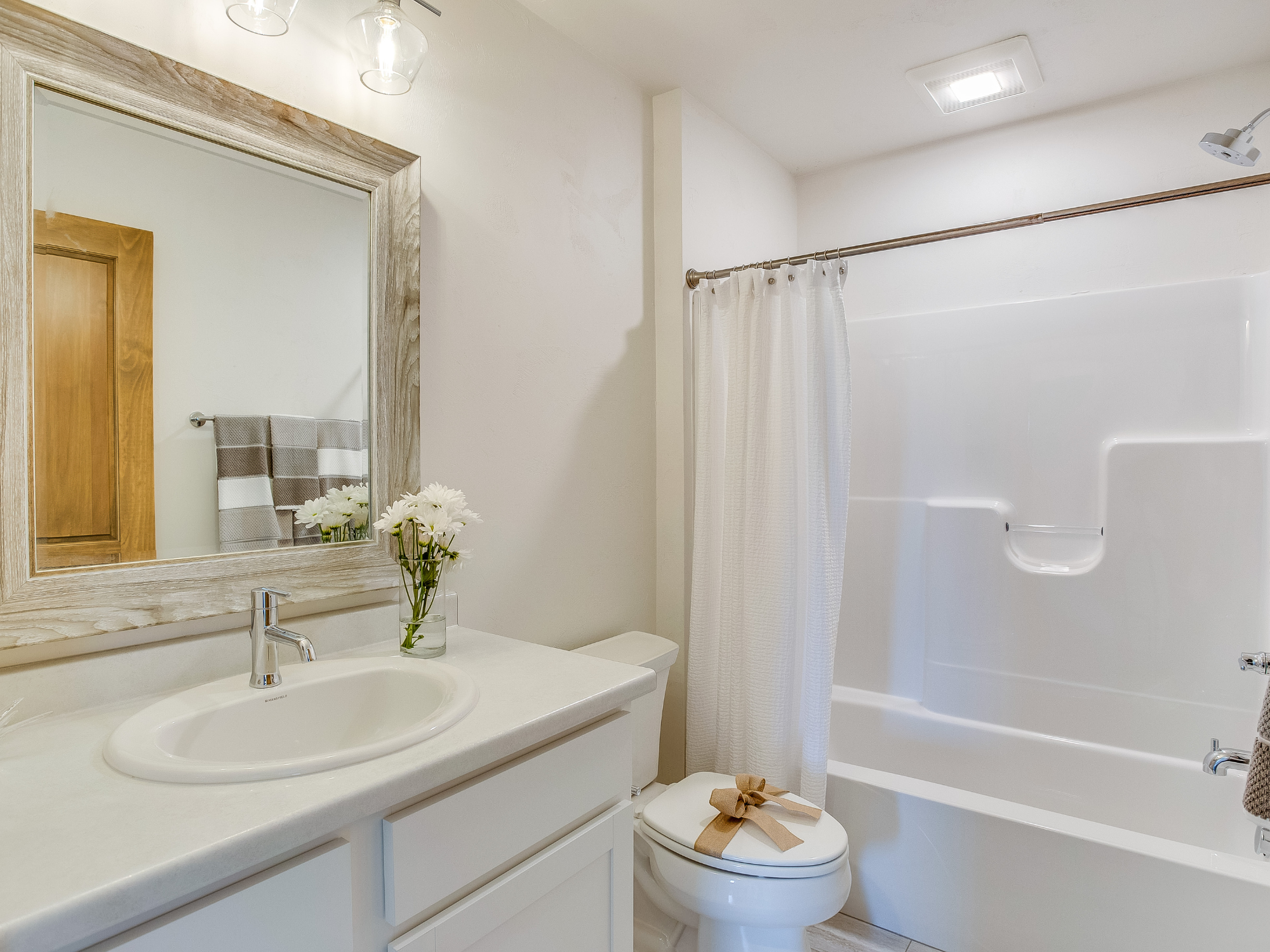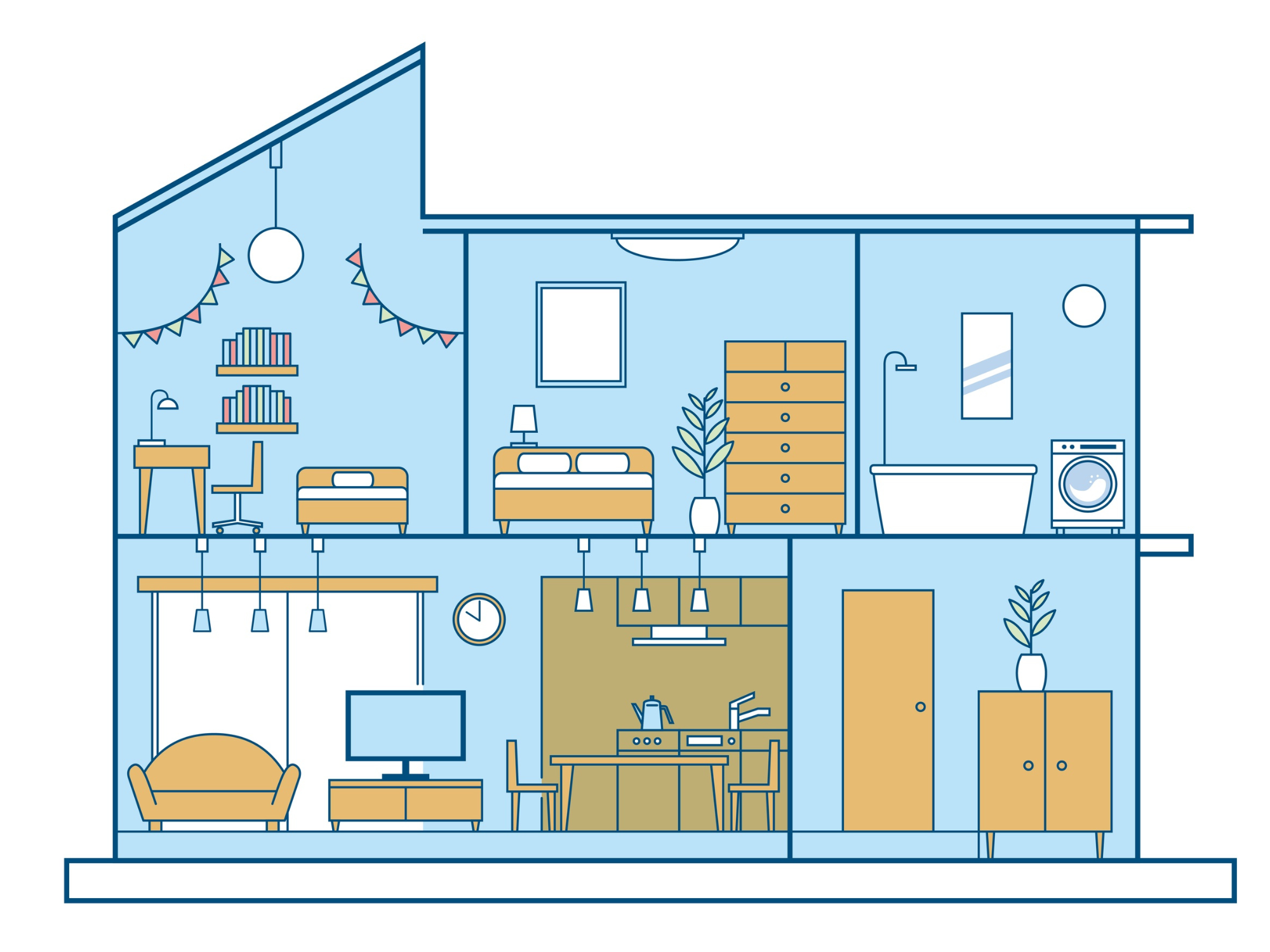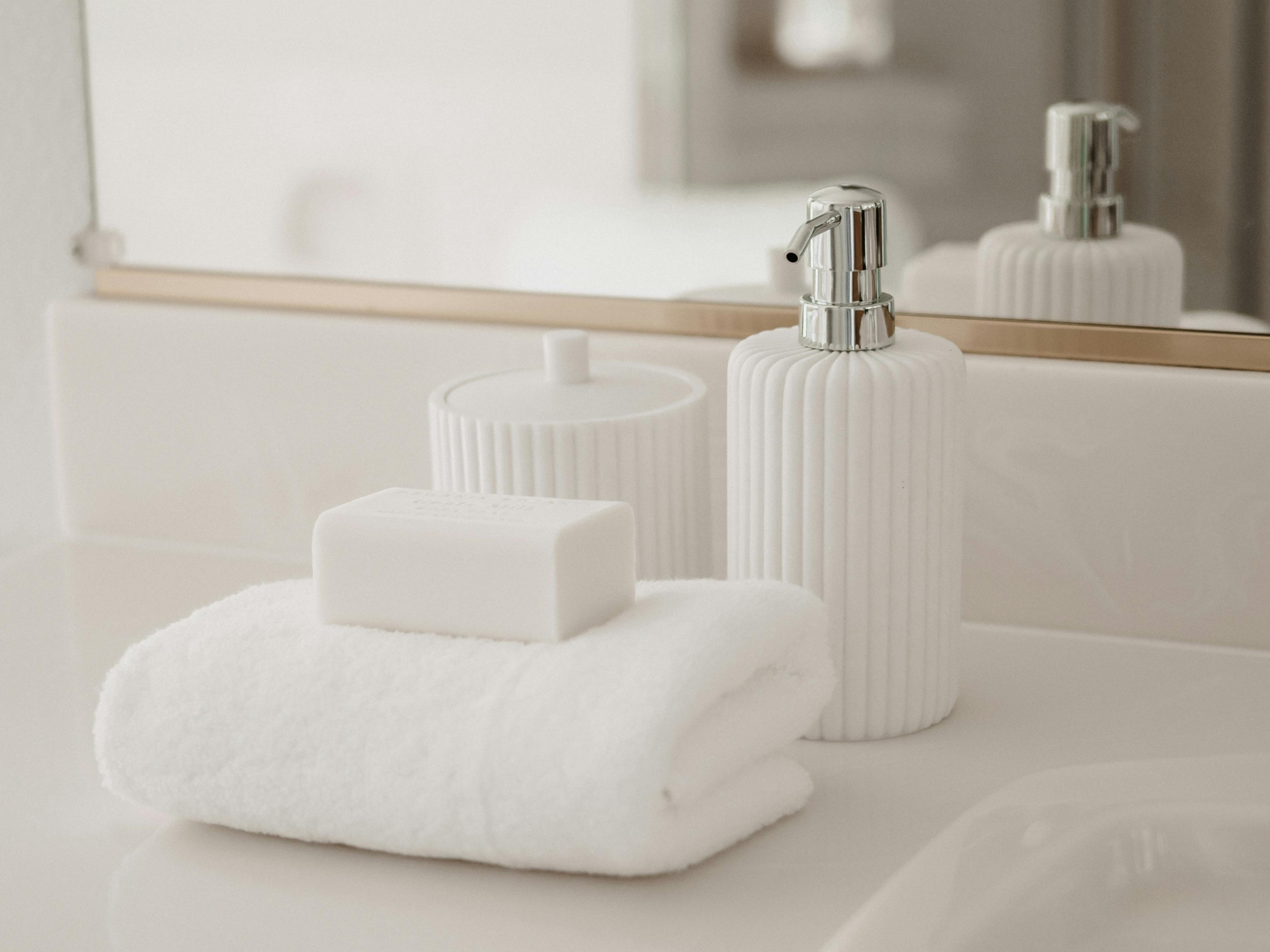
For Pittsburgh homeowners and property managers, accessibility is becoming more important than ever. Whether you're supporting an aging family member, recovering from surgery, or working to meet ADA compliance at your business, vertical platform lift installation offers a practical and dignified solution.
Unlike ramps, which require extensive space, or elevators, which can be expensive and invasive, vertical platform lifts are compact, cost-effective, and relatively quick to install. They offer safe, motorized access between levels—typically between ground level and a porch, entryway, or raised floor.
If you're researching options for vertical mobility at home or on your property, this guide will walk you through how the process works and why choosing a local installer can make all the difference.
A vertical platform lift, or VPL, is a motorized elevator designed to carry a person—typically in a wheelchair or with a mobility aid—between two fixed levels. Often used as an alternative to ramps or stairlifts, VPLs are suitable for both indoor and outdoor applications.
Common placements for a VPL include:
VPLs are typically open, with safety gates and controls that are easy to operate. They’re designed to be weather-resistant, code-compliant, and compact enough to fit into tight areas where ramps simply won’t work.
Pittsburgh’s geography and housing stock often make stairs unavoidable. From the steep hills of Mount Washington to narrow entryways in neighborhoods like Brookline or Bloomfield, steps are everywhere—and they pose real challenges for residents with mobility issues.
Vertical platform lifts are ideal for:
If you're unsure whether your property is a good candidate, a free in-home or on-site assessment from a local team can help you evaluate layout, elevation changes, and potential lift models.
Each accessibility solution has its place—but when it comes to compact vertical travel, VPLs often strike the best balance of function, footprint, and cost.
Here’s how they compare:
At 3 Birds Accessibility – Pittsburgh, we’ve installed VPLs in homes, churches, clinics, and commercial spaces across Western Pennsylvania. Here’s what the process typically looks like:
We begin with a free assessment of your location. We'll take measurements, assess elevation and approach, confirm electrical access, and determine whether permitting is needed.
You’ll choose from a range of VPL models, including weather-resistant outdoor units, enclosed lifts for indoor spaces, and optional features like automatic gates or wireless remotes.
We handle any required local permits and site preparation, including concrete pads, electrical setup, and anchoring systems.
Most VPL installations take just one to two days once prep work is complete. Our team ensures everything is secure, level, and code-compliant.
We walk you through operation, safety features, and maintenance tips so you feel confident using your new lift from day one.
Absolutely. Modern VPLs are built to handle the elements—including Pittsburgh’s wet winters and humid summers. They’re made from powder-coated or galvanized steel, with non-slip platforms, sealed controls, and optional canopies or enclosures for added protection.
Maintenance is minimal, but routine checks are recommended annually to ensure optimal performance and safety. Our team provides service and support long after installation, so you’re never left with questions or issues.
How much does vertical platform lift installation cost in Pittsburgh?
Costs vary based on elevation, features, and installation complexity, but most residential VPLs start around $8,000–$12,000 installed. We provide clear estimates with no hidden fees.
Is it covered by insurance or Medicare?
Most lifts are considered home upgrades and are not covered by Medicare. However, VA benefits, Medicaid waivers, or state grants may assist eligible applicants.
Can a VPL be installed indoors?
Yes. While most are used outdoors, VPLs can also be installed inside homes with sufficient space—especially in garages or sunken entry areas.
How much weight can a VPL hold?
Most standard residential lifts are rated for 600–750 pounds, with commercial models available for heavier use.
Is it noisy?
Not at all. VPLs operate quietly with smooth, hydraulic or screw-drive systems.
Installing a VPL isn’t just about picking the right model—it’s about working with a team who understands the layout of your home, your city’s permit requirements, and the daily realities of Western PA living.
At 3 Birds Accessibility – Pittsburgh, we provide:
We’re not just installers—we’re partners in helping you or your loved ones stay safe, independent, and at home.
If you’re ready to make your home, business, or public space more accessible, a vertical platform lift is one of the most efficient and impactful upgrades you can make.
Schedule your free consultation today and let us help you find the best solution for your space, your needs, and your future.

Dec 26, 2025
Wondering what accessible bathroom upgrades cost in Pittsburgh? Learn real price ranges for flooring, grab bars, showers, and safety features.

Dec 23, 2025
Thinking about DIY accessibility upgrades? Learn when bathroom modifications are safe to DIY—and when professional installation matters most.

Dec 20, 2025
Small bathroom? Learn smart, accessible bathroom layout ideas for Pittsburgh homes that improve safety, space, and long-term usability.

Dec 17, 2025
Poor lighting increases fall risk. Learn the best accessibility lighting solutions for bathrooms and how proper lighting improves safety and independence.